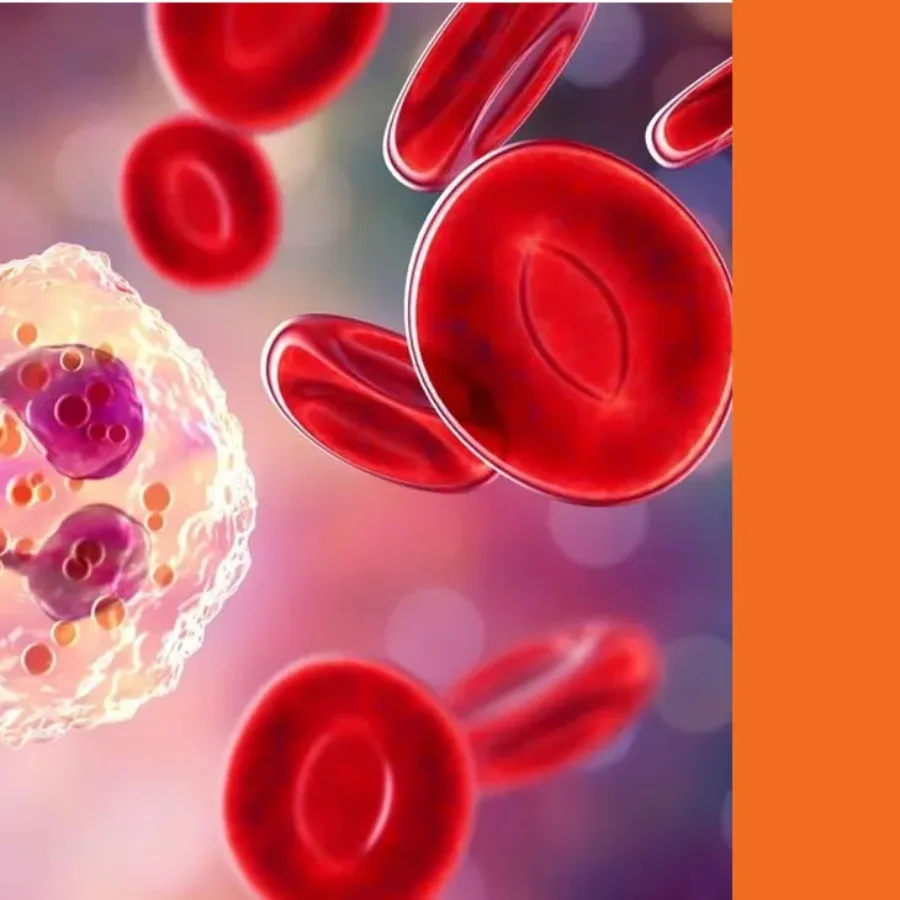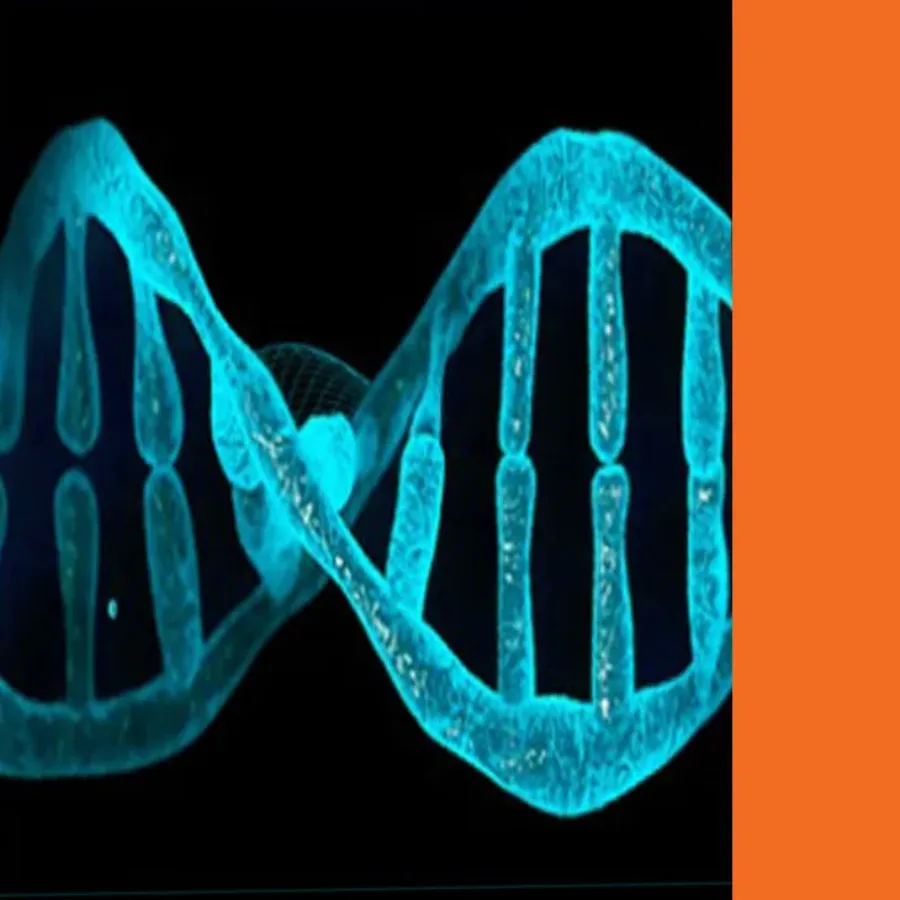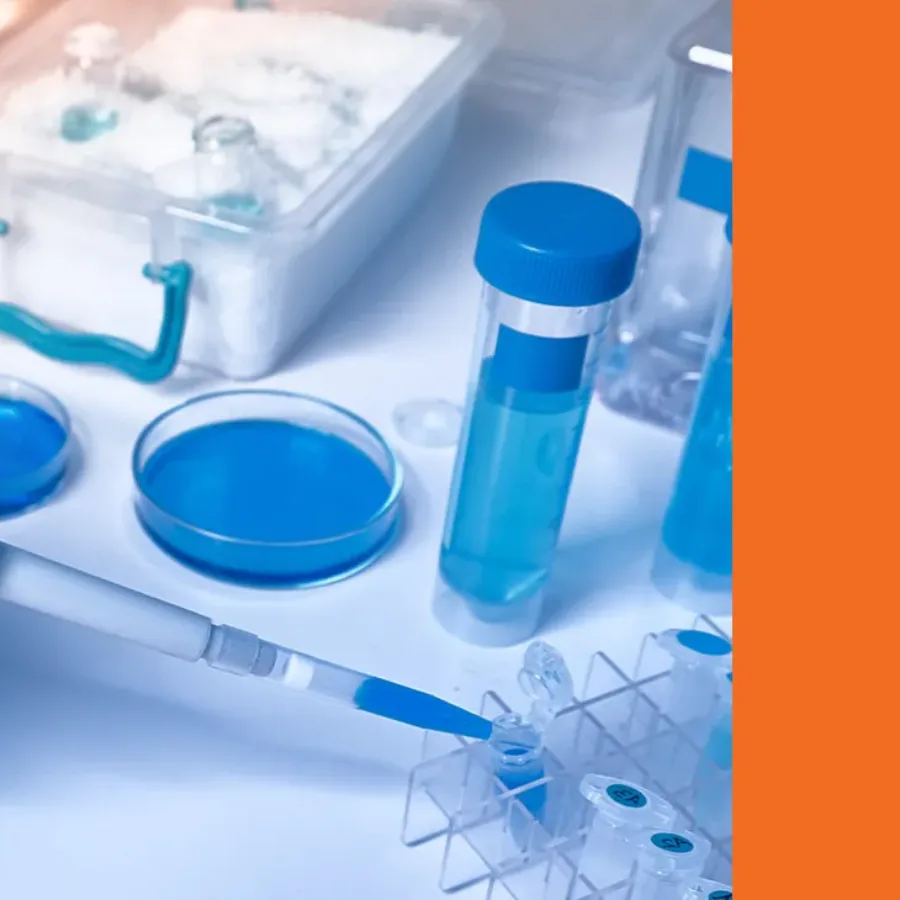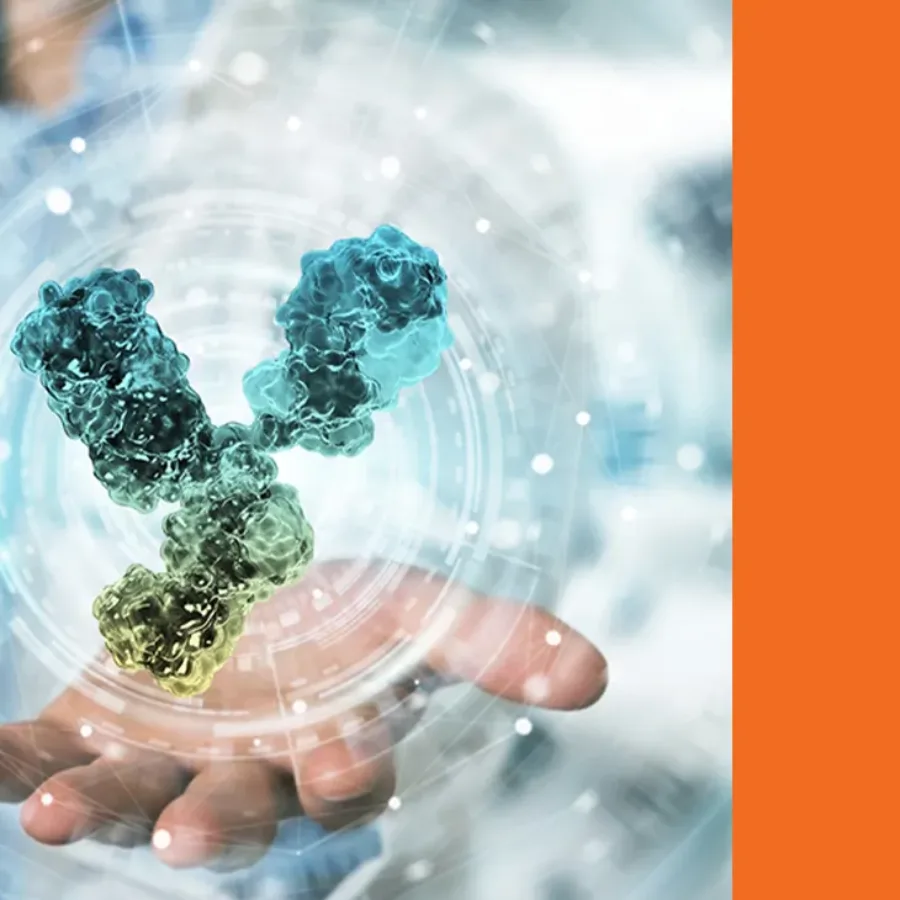 Blogs
Blogs
The Rise of Immune Cell Therapies and the Importance of Cell Profiling by Flow Cytometry Immunotherapy is revolutionizing patient care, both in traditional oncology applications as well as in autoimmune indications. The complex mechanism of action based on the enhancement or targeted suppression of immune responses is fraught with challenges;…
 Blogs
Blogs
2020 was an odd year for everyone. In what felt like just days, it seemed everything had changed and the rules were being rewritten almost daily about how we would all be engaging with one another. We went from racking up travel, hotel stays and airmiles while visiting our customers…
 Blogs
Blogs
Georges Köhler and César Milstein: The birth of monoclonal antibodies Since their initial invention almost 50 years ago in 1975, monoclonal antibodies have been widely utilized in the biomedical industry. From cancer treatment to diagnostic assays, over 100 monoclonal antibodies have been approved by the FDA, making them a…
 Blogs
Blogs
A pharmacokinetic (PK) assays evaluate how the body affects a specific substance after administration which includes: absorption, biodistribution, metabolism, and excretion. Preclinical (or non-clinical) PK assays play a crucial role in drug development and typically focus on assessing drug safety and maximum tolerable dose. For the development of pre-clinical PK…
 Blogs
Blogs
Charcot, Gehrig, Hawking: A Journey Through ALS When you hear the names Charcot, Gehrig, and Hawking, what comes to mind? These names are all linked by a shared thread: Amyotrophic Lateral Sclerosis, or ALS. ALS, also known as Charcot disease, is named after Jean-Martin Charcot, a neurologist from the Pitié-Salpêtrière…
 Blogs
Blogs
The age of therapeutic conjugation is upon us! Bioanalysis for support of next-generation Antibody Drug Conjugates (ADCs) and Antibody siRNA Conjugates (ARCs) have exploded recently due to the efficacy and safety that these therapies offer for immuno-oncology, rare diseases, vaccines, and potentially many other diseases. Recently, we have seen the…
 Blogs
Blogs
KCAS Bio is excited to invite you to join us this week in San Francisco, CA during AAPS NBC where Nassouh Mourabet will be giving a presentation entitled “Spectral Unmixing Impact Comparison Across Immunophenotyping Panels and Matrices”. Nassouh Mourabet is a Scientist III in the Flow Cytometry department at KCAS…
 Blogs
Blogs
Those of you attending the 18th annual WRIB meeting in San Antonio, TX are invited to attend a poster presentation being given by members of the KCAS Bio team: Jack Rogers, Jessie Allen, Yoka Thomas, and Cheikh Kane. This project developed and characterized a novel algorithm for automated ISR selection…
 Blogs
Blogs
Leonard Herzenberg: The father of modern flow cytometry Leonard Herzenberg was one of the most influential immunologists of his time. Committed to interdisciplinary collaboration and innovation, he would bring together physicists, biologists, and clinicians to tackle some of the most challenging questions in immunology. His pioneering groundwork laid the…
 Blogs
Blogs
Arguably the most groundbreaking new opportunities for the treatment of disease and injury are Cell and Gene Therapy Products (CGTP) or what the European Medicines Agency (EMA) call Advanced Therapy Medicinal Products (ATMPs). EMA has broken down ATMPs into three main types: At KCAS Bio, we…
 Blogs
Blogs
KCAS Bio is attending CYTO2024, the 37th annual Congress of the International Society for the Advancement of Cytometry in Edinburgh, Scotland! A great occasion to explore the latest advancements in cytometry science and to discuss our flow cytometry services with the community. At this edition, Alessandra Roberto, PhD…
 Blogs
Blogs
Dawn Dufield, PhD is the Scientific Officer for Mass Spectrometry and has been with KCAS Bio since 2018. Before joining KCAS Bio, she worked in the quantitative large and small molecule LC-MS/MS field for Pfizer for over 20 years. Dawn has been a pioneer in the Hybrid LCMS field and…